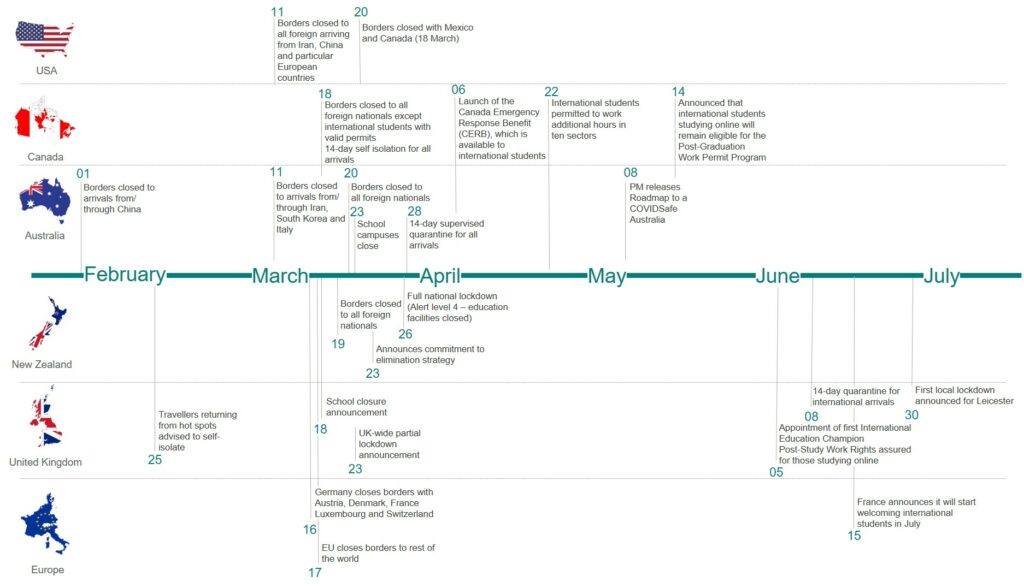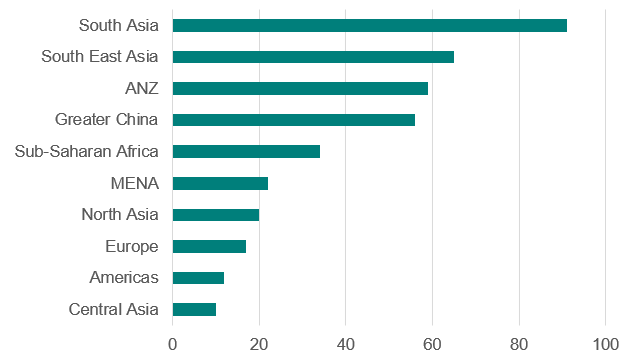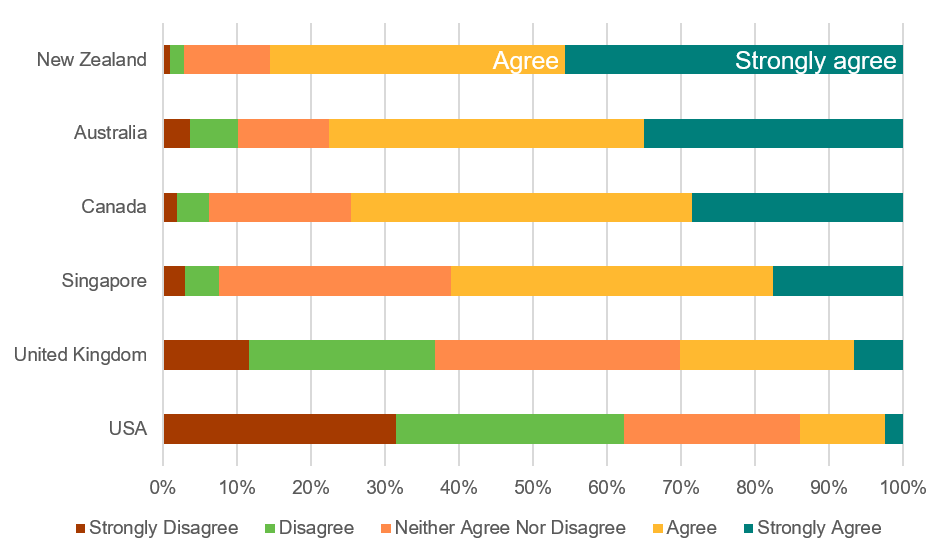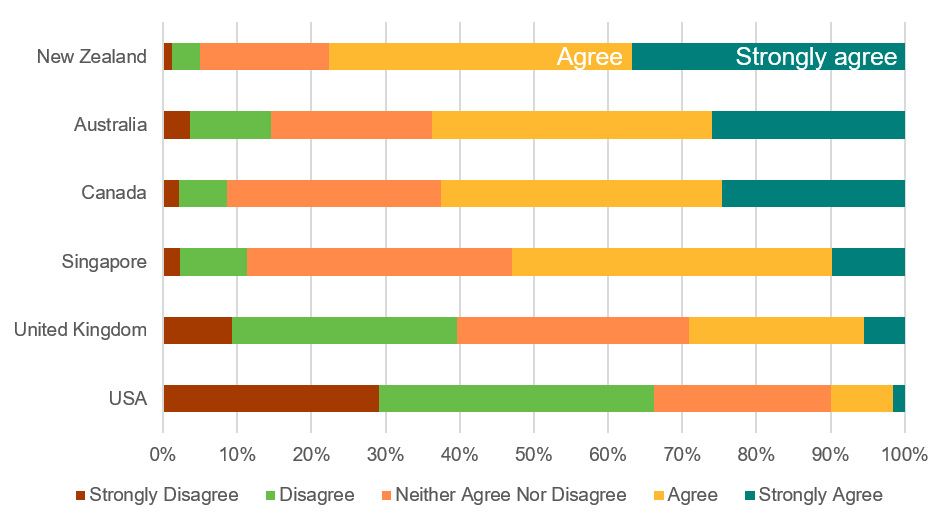
COVID-19 is changing the fortunes of international education destinations – Part 1 (July 2020)
Prior to the coronavirus pandemic, the winds of change were indicating global shifts in international student flows. International student interest in Australia was starting to wane, Canada was continuing its ascendency, and thanks to the re-introduction of post-study work rights, the UK was on the rebound. While the numbers of students choosing to study in USA was certainly weakening, it nonetheless remained comfortably in first place.
When COVID-19 first struck and borders were closed, the instinctive reaction across the international education sector was one of understandable panic. Accustomed to fierce competition, there was an assumption that many students would take flight and choose to study elsewhere.
We are now in the depths of the coronavirus disruption and it is apparent that all destinations are facing similar challenges but countries have responded differently to the pandemic, and to the plight of international students. Drawing on our network of staff across all the major destination countries, the following figure shows how different countries have responded to the international education market as the pandemic unfolded.
Figure 1: Government responses to the coronavirus in the area of international education
What do agents think?
In May 2020, Navitas ran a survey of its extensive agent network and received almost 400 responses from agents in 63 countries. These agents send students all over the world to study, including Navitas’ global network of colleges and campuses across Australia, NZ, Canada, UK and USA, as well in Singapore, UAE, Sri Lanka, Germany and the Netherlands.
The breakdown locations of the agents who responded are in Figure 2.
Figure 2: Where are you located?
The results of the agent survey were compelling and entirely consistent with the views being picked up by our staff around the world. Navitas Group CEO delivered an op-ed and interview in The Australian on 10 June. The results of the survey were subsequently picked up by Vicki Thomson at the Go8 and syndicated far and wide.
The headline result shown in Figure 3 bear repeating; the Australian, New Zealand and Canadian government’s handling of the coronavirus have made them more attractive study destinations.
Canada is only slightly behind in third place, which may reflect the focus of the Navitas agent network which is currently more focussed on British Columbia and Manitoba, where we operate pathway colleges in partnership with Simon Fraser University and the University of Manitoba respectively. Perhaps agents with a focus on recruitment into Quebec and Ontario would offer a less favourable view given the more aggressive spread of the coronavirus in those provinces.
In contrast to New Zealand, Australia and Canada’s leading position, less than a third of agents think that the UK government’s handling of the coronavirus has made it a more attractive study destination. The United States have done very poorly on this measure.
Figure 3: To what extent do you agree with the following statement: “The way this country’s government has handled the coronavirus has made it a more attractive study destination.”
Many would argue that Australia has not matched either Canada or the UK in terms of the tone or substance of its policy stance towards international students. In particular, Canada continues to demonstrate its inclusivity through a range of support measures targeted at students affected by the virus (including additional work rights and access to unemployment benefits), and in keeping its borders open to those students that have already been issued a study permit.
Is it possible that Australia’s handling of the coronavirus has been undermined by other issues and policies? Agents do not seem to think so. As shown in Figure 4, Australia’s reputation as “safe and welcoming” for international students has improved to the same extent as Canada. Once again, the UK and USA trail New Zealand, Australia and Canada.
Figure 4: To what extent do you agree with the following statement: “Over the past two months, the reputation of this country as safe and welcoming for international students has improved.”
We are yet to see whether the reputational credit earned by Australia, New Zealand and Canada translates into student enrolments over the next few months. That will obviously be determined by the trajectory of the coronavirus pandemic globally and border policies of individual countries. However, our agent survey offered a number of insights into how student flows — and therefore market shares — might be affected by COVID-19. Look out for the second instalment of this agent research in a separate Insights piece next week.







